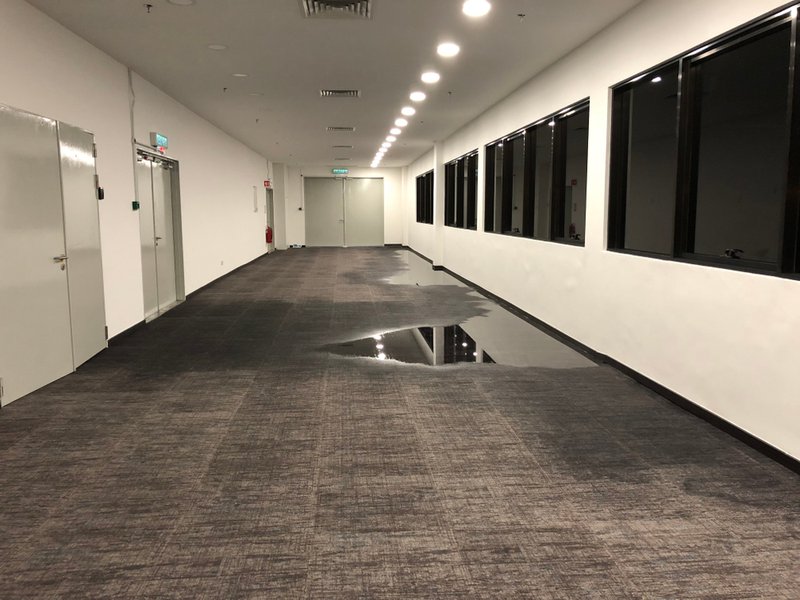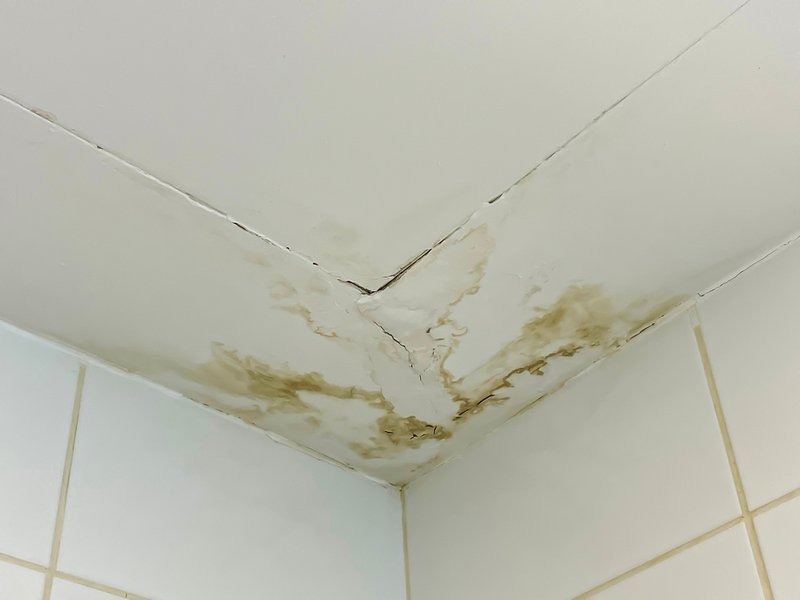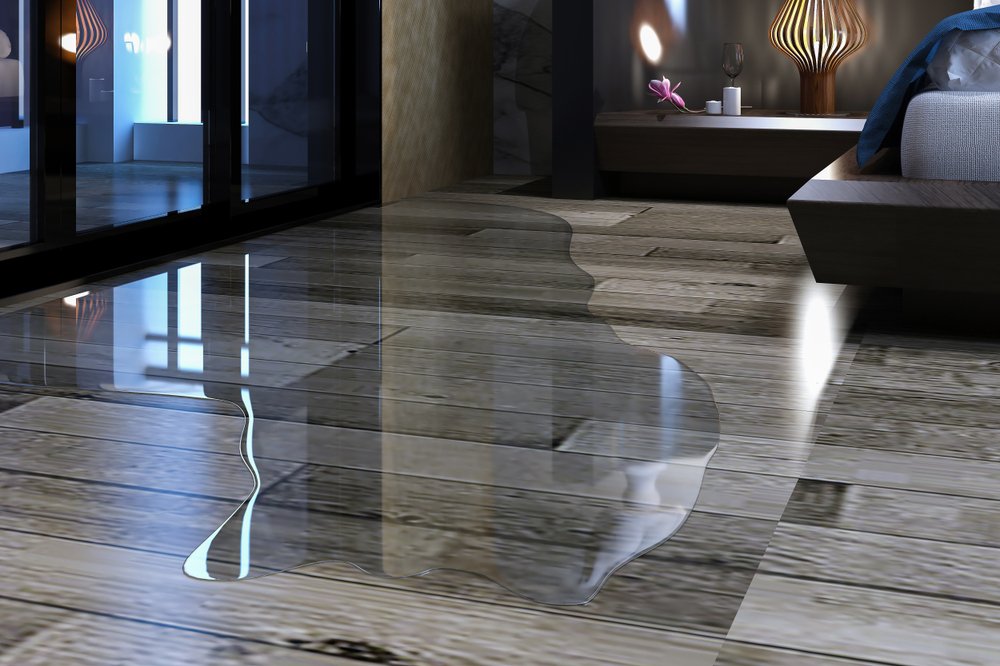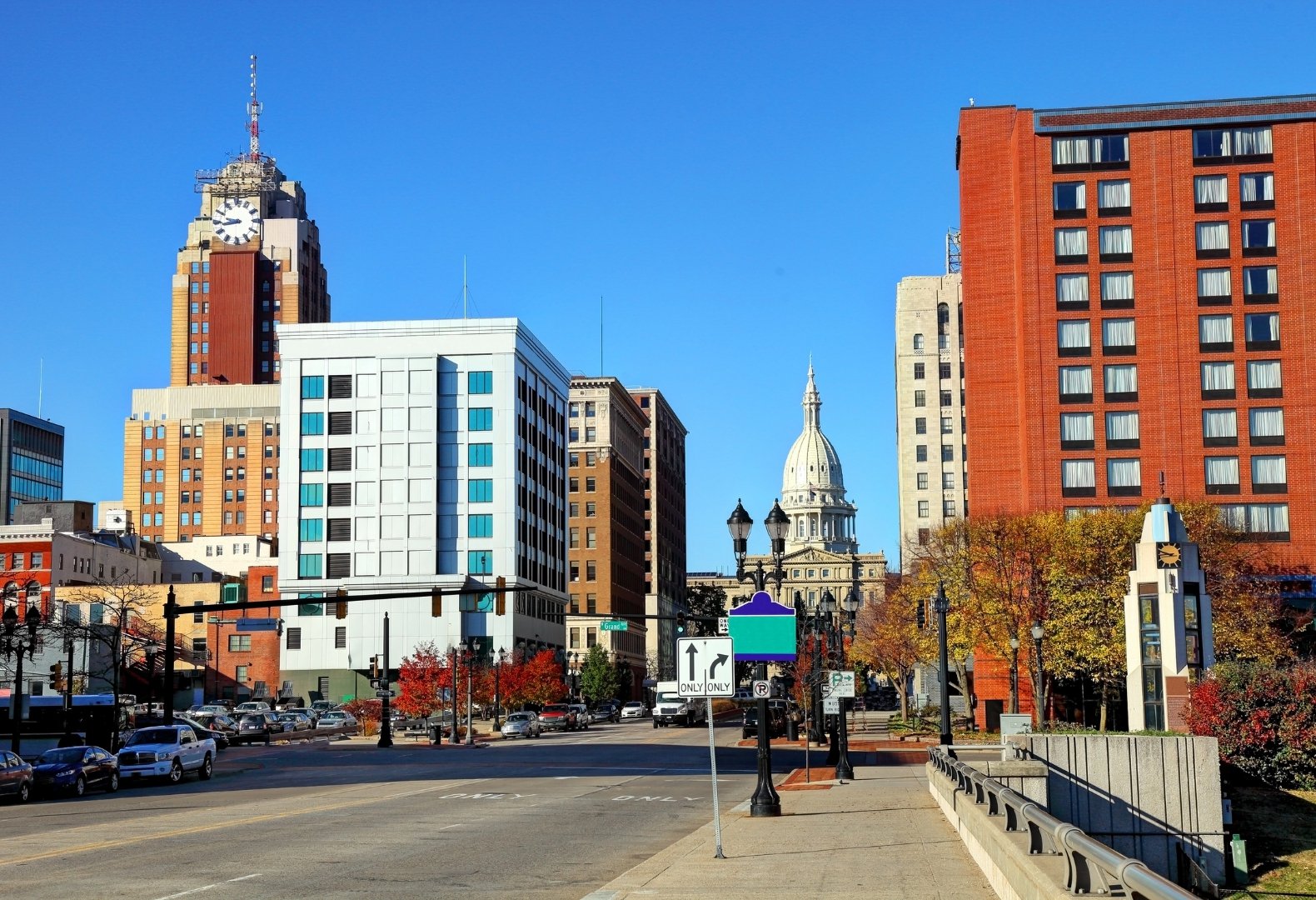When it rains, it pours—sometimes literally. Water damage is one of the most common and costly property insurance claims, affecting homeowners, commercial property managers, and facility operators alike. Whether it’s a burst pipe in an office building, an overflowing dishwasher in a multi-family complex, or an HVAC system leak in a hospital, water damage can disrupt operations and lead to significant financial losses. Understanding what types of water damage your insurance policy covers—and what it doesn’t—can mean the difference between a fair settlement and an underpaid claim.
Water Damage Insurance Coverage: What You Need to Know
Insurance companies classify water damage into three main categories: Clean Water, Gray Water, and Black Water. Each category has different levels of contamination and risk, which can impact insurance coverage. Knowing these distinctions can help property owners and managers navigate the claims process more effectively.
Unfortunately, insurance carriers frequently deny, delay, or underpay water damage insurance claims. Studies show that policyholders who work with public adjusters receive significantly higher settlements than those who handle claims alone. The NAIC and consumer advocacy groups like NAPIA stress the importance of understanding policy coverage to prevent insurance companies from exploiting technicalities to minimize payouts.
Category 1: Clean Water Damage
Clean water damage may seem less concerning than other types, but it can still lead to significant structural issues if not addressed immediately. While it originates from sanitary sources, within 72 hours of a water loss, standing water can quickly create the perfect conditions for microbial contamination and further property deterioration. Understanding how insurance policies cover this type of damage—and the potential challenges policyholders may face—can make all the difference in securing a fair settlement.
What Is Clean Water Damage?
Clean water damage originates from a sanitary source and poses no immediate health risk. This typically occurs due to plumbing failures, appliance malfunctions, or sprinkler system leaks. While initially safe, clean water can become a breeding ground for microbial contamination if not addressed promptly. Over time, exposure to moisture weakens building materials, warps wood, corrodes metal, and damages drywall.

How Insurance Covers Clean Water Damage
Most property insurance policies cover clean water damage if it results from sudden and accidental incidents. However, insurance companies often dispute claims, alleging that the damage was caused by wear and tear or lack of maintenance. This tactic allows them to deny coverage or reduce payouts. Policyholders should document the damage immediately, take photos, save receipts for emergency repairs, and notify their insurer as soon as possible.
Category 2: Gray Water Damage
While clean water damage is relatively straightforward, gray water damage presents additional challenges. This category includes water that has been used for household purposes and may contain contaminants that pose moderate health risks. Understanding how insurance policies handle gray water damage—and the tactics insurers may use to limit payouts—can help policyholders avoid costly disputes and delays.
Risks Related to Gray Water Damage
Gray water damage occurs when water contains contaminants that can cause illness if ingested. It often stems from overflowing sinks, washing machines, dishwashers, or HVAC condensate leaks. While less hazardous than black water, gray water can still carry bacteria, soap residue, and organic matter, making prompt cleanup crucial.
Insurance Challenges for Gray Water Claims
Insurance policies often cover gray water damage, but policyholders must be wary of exclusions and limitations. Some insurers argue that certain leaks develop over time and classify them as "gradual damage," a term often used to deny claims. To strengthen their claim, policyholders should thoroughly document the damage, obtain professional drying reports, and consult a public adjuster who can ensure their claim is handled properly.
Category 3: Black Water Damage
Among the three classifications of water damage, black water poses the most severe risks to both property and health. Unlike clean or gray water, black water is heavily contaminated, making it hazardous to handle without proper precautions. Property owners dealing with this type of damage must act quickly to ensure safety, minimize property loss, and navigate the often complicated insurance claims process. Understanding what qualifies as black water damage and how insurance policies address it is crucial for securing adequate compensation and avoiding unnecessary setbacks.
What Makes Black Water Damage Dangerous?
Black water damage is the most hazardous, involving highly contaminated water that poses serious health risks. This category includes sewage backups, toilet overflows containing waste, and floodwaters from lakes, rivers, or oceans. Black water is filled with bacteria, viruses, and toxins that can lead to severe health conditions if not remediated properly.

Limited Insurance Coverage for Black Water Damage
Most standard insurance policies do not cover black water damage resulting from external flooding unless the policyholder has separate flood insurance. However, insurers sometimes misclassify water damage as "flooding" to deny claims. Home and business owners facing black water damage should never attempt cleanup themselves. Instead, they should hire certified remediation professionals and seek guidance from a public adjuster to challenge improper denials and low settlement offers.
Why Public Adjusters Are Essential for Water Damage Claims
Insurance companies have teams of adjusters and legal experts working to minimize claim payouts. Without professional representation, policyholders are at a significant disadvantage. The American Policyholders Association (APA) warns that insurers frequently delay processing claims, deny valid requests, and offer settlements far below the actual cost of repairs.
Experts have exposed how insurance companies exploit policyholders. By working with a certified public adjuster, policyholders gain an advocate who:
- Interprets complex policy language to maximize coverage
- Conducts a thorough damage assessment to prevent claim undervaluation
- Negotiates directly with insurers to secure fair settlements
Velocity Public Insurance Adjusters is IICRC-certified in water damage, providing expert guidance through the complexities of water damage claims.
Take Control of Your Insurance Claims with Public Adjusters
Water damage claims are rarely straightforward. From policy loopholes to insurer pushback, the claims process can be frustrating and costly. Many policyholders accept lower payouts simply because they don’t know their rights.
Don’t let your insurance carrier dictate the outcome of your claim. Schedule a free claim and policy review with Velocity Public Insurance Adjusters today to ensure you receive the compensation you deserve.
Claim Services We Provide
Velocity Public Insurance Adjusters handles a variety of claim types for both commercial and residential property losses: weather-related damage, theft and vandalism, fire and smoke damage.
Members of
Velocity Public Insurance Adjusters is a Certified Firm with the IICRC.
IICRC Certified Firms are known for their high level of technical experience and professionalism.
With the rapid increase in consumer calls due to the demand for mitigation and restoration projects,
Certified Firms are working in the field every day and have unmatched expertise in complex restoration projects.
Client testimonials
Don't take our word for it, see what our clients are saying about us.
Contact us
Schedule a free, no-obligation, claim and policy review. Every property claim is different, and we'd like the opportunity to provide you with an assessment of your unique situation.
- Indiana
- Kentucky
- Michigan
- Ohio
- Iowa
- Wisconsin
- South Carolina
Use of Information Purpose: We use your information to send mobile messages and respond to your inquiries as necessary. This may involve sharing your information with platform providers, phone companies, and other vendors who assist in message delivery.
Protection of Information: We do not sell, rent, loan, trade, lease, or otherwise transfer for profit any phone numbers or customer information collected through the SMS program to any third party.
Disclosure: We may disclose your information if required by law, regulation, or governmental request, to avoid liability, or to protect our rights or property.
Choices and Controls Consent: Consent to receive automated marketing text messages is not a condition of any service we provide.
Opt-Out: You can opt out of receiving further text messages via the Messaging Service by responding to any of our text messages with any of the following replies: STOP, END, CANCEL, UNSUBSCRIBE, or QUIT.
Your Responsibilities Accurate Information: Ensure that the information you provide is accurate, complete, and truthful. Do not use a false or misleading name or a name you are not authorized to use.
Consequences: If we believe the information provided is untrue, inaccurate, or incomplete, or if you have joined the program for ulterior motives, we may deny you access to the program.












